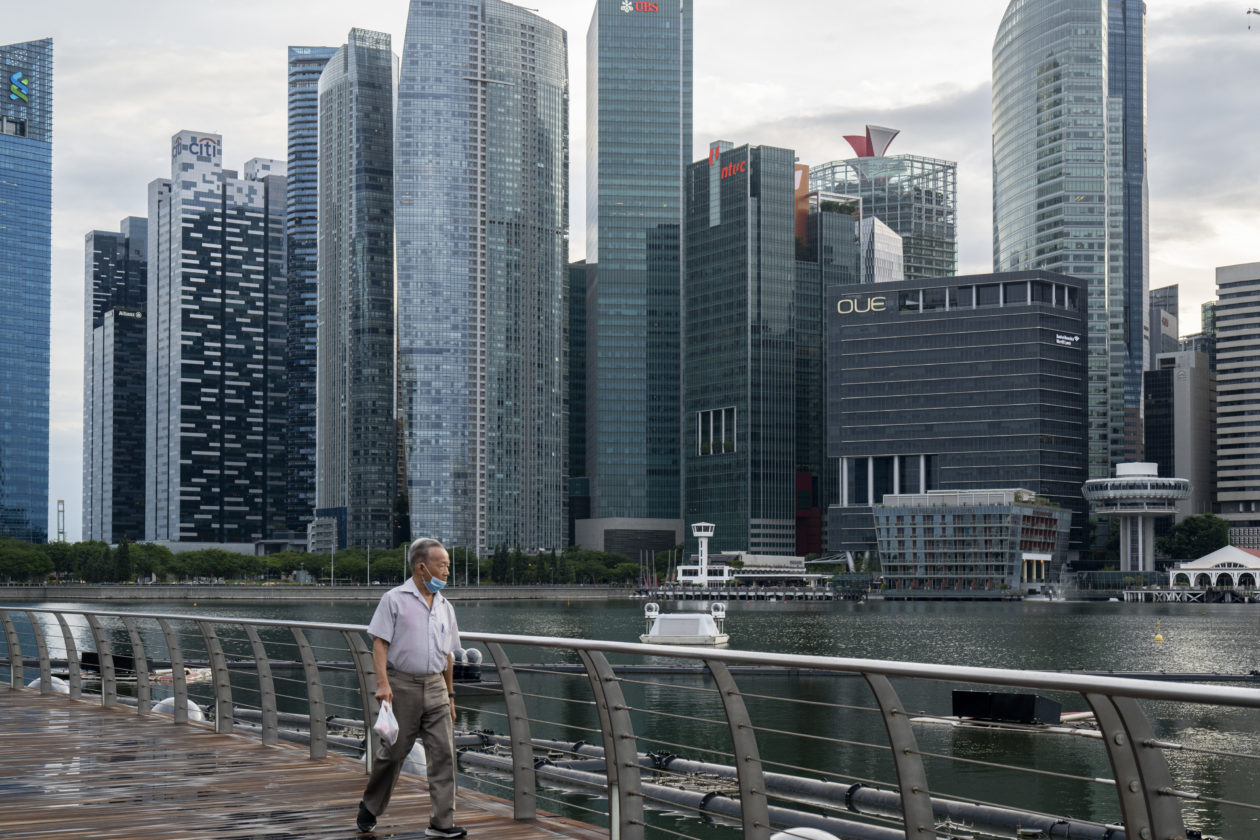Singaporeans have given a lukewarm reception to the use of cryptocurrencies as a means of payment, according to local media, despite crypto-friendly regulations and growing institutional interest in digital assets.
A crypto-friendly coffee shop that opened two years ago stopped accepting cryptocurrency last year, according to the Straits Times newspaper. The coffee shop said “the trail of accepting cryptocurrency” had ended, and that it was evaluating the response.
Ben Charoenwong, a professor in the department of finance at the National University of Singapore, told local media: “Merchants simply do not trust most cryptocurrencies. First, they are volatile. Second, they are not legal tender. Therefore, since merchants do not value cryptocurrencies much, they are not willing to accept them for the exchange of goods and services.”
The first bitcoin ATM was installed in the city state in 2014 by Bitcoin Exchange, and now there are around 10, six of which are run by blockchain company Daenerys & Co., the report said. Daenerys & Co.’s ATMs processed 3,709 transactions last year, according to company data, a drop from 3,862 transactions in 2019. In the first six months of this year, there were 1,997 transactions.
Singapore’s government said recently that the country’s crypto market remained small when compared to the markets for stocks and bonds. The combined peak daily trading volume of Bitcoin, Ether and XRP in 2020 was just 2% of the daily trading volume of securities on the Singapore Exchange.
Exchanges offering cryptocurrency trading are regulated as digital payment token service providers under the country’s Payment Services Act. There are 90 business entities that provide such services while the Monetary Authority of Singapore assesses their applications for licenses.
“Given their limited scale, these entities are regulated primarily for money laundering and terrorism financing risks,” Tharman Shanmugaratnam, a senior minister and minister in charge of MAS said in reply to a parliamentary question.
Meanwhile, institutional players in Singapore’s finance sector are expanding their crypto investments. DBS bank in January became one of the first traditional banks in the region to announce the launch of a native digital exchange. In late April, it revealed that it had more than US$60 million of crypto under custody and that it planned to extend trading to 24 hours daily. Just a month later, it announced its first security token offering — a S$15 million (US$11 million) digital bond — on its own Digital Exchange.
GIC, a Singapore sovereign wealth fund, has taken an 8% stake in BC Group — the parent company of OSL, Hong Kong’s first licensed cryptocurrency exchange. Sprawling state-controlled conglomerate Temasek has reportedly been acquiring Bitcoin for three years, according to Raul Paul, CEO of Real Vision.

